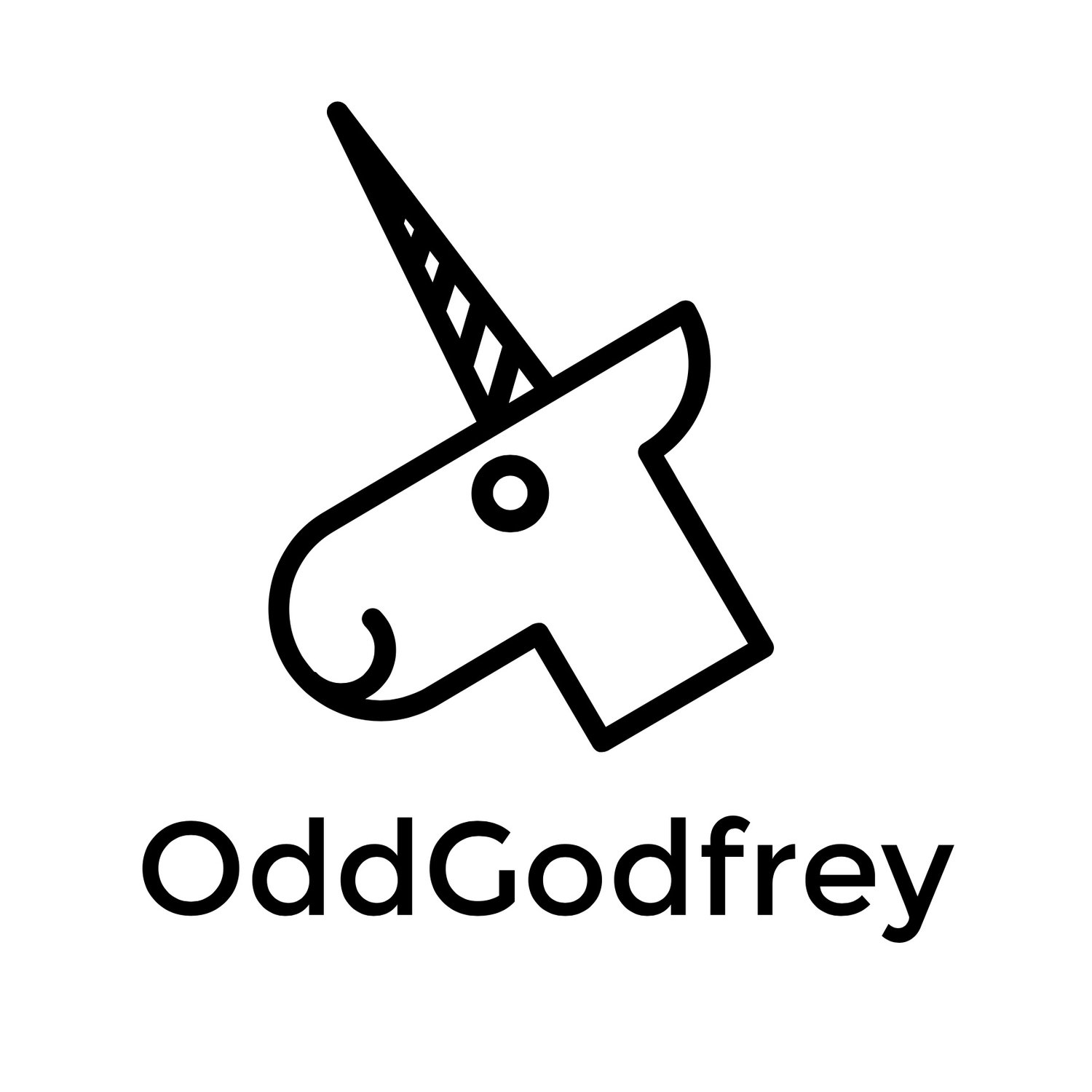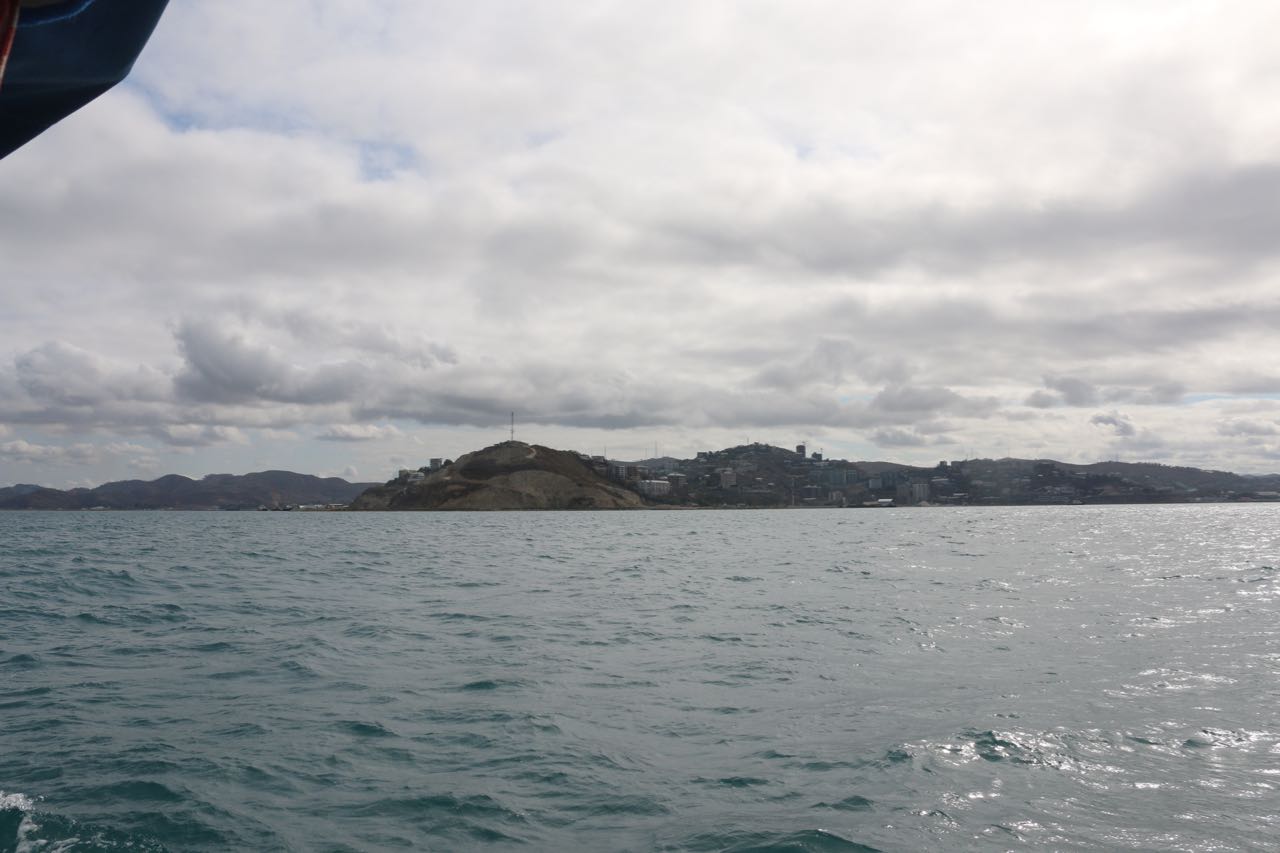Andrew says to me. “I can see it coming. I know that in one, two months tops, I think it is very likely you are going to leave the boat. I can’t just wait around for that to happen.”
Tears are dangling precariously on the edge of my lower eye lid, the image of Andrew sloshes in rhythm with the breaths I am taking to keep myself calm. I am frustrated; I understand why he might feel this way, but I feel like his synopsis is unfair. I am willing my lower eyelids to be a bit deeper of a trough. I hate when I cry, but the truth is, I’m an angry-crier. If I am angry, I might cry.
“I have already requested a quote to ship Sonrisa back to the United States from Thailand.”
PLOP.
PLOP.
I look down and one tear from each eye has puddled on my legs folded indian-style beneath me on Sonrisa’s salon bench.
“I don’t think that’s a fair assessment of the situation.” I say. “Do you really think I would just walk off the boat and leave you to figure out how to get home?
I’m met with silence.
“The answer is ‘no’” I tell Andrew. I wouldn’t do that.
“I can’t wait to find out.” He says.
I had every intention of having a good passage. I really did. In the days before we left Port Vila, I began meditating, envisioning the successful passage, just like Sonrisa has taught me. I visualized what it would feel like to be Carolyn Goodlander. The morning of departure, I tried to remain chipper and fearless, but against my better judgment I opened up Facebook and reviewed a series of photographs involving death, destruction, torches and other mayhem that Facebook tends to circulate. Suddenly, the cattle prod of panic rested itself against my soul, and I could smell burning flesh.
How do I explain the mixture of dread that I feel? Yes, it is caused by seasickness, irritation about the creature discomforts, and the fear of what could happen. These things contribute, but they are not the whole. It is painful to leave the new friendships we form, knowing we likely will not see these people again. I am plagued by the question of whether I owe society more before I spread out my blanket and sip on my beach cocktails. Should I be home contributing to the collective snarl of voices trying to solve one problem or another? Should I be leading something, innovating something, growing something? Am I doing enough?
Bugger Facebook.
So, I fell into a little panic, then gathered my wits and resigned myself to casting off. Sonrisa dropped her mooring line, we filled up at the fuel dock, and we were on our way. But it was too little, too late. Andrew had already witnessed my plunge into distress and made up his mind about how I was going to be on this trip.
“How can I reclaim this as a good passage?” I asked as we motored out the narrow mouth of Port Vila. He was annoyed with me, so all he could do is shrug.
For 10 of 11 nights, my night shift was dry, moonless and absolutely filled to the brim with stars. Sonrisa’s path glowed by the light of the milky way. The Perseid Meteorshower passed by, so I counted shooting stars. I enjoyed the hell out of those night watches, and most nights, I extended my watch beyond my 1:00 a.m. finish line to 2:00 a.m. to give Andrew an extra hour of sleep.
We had to jibe (change sails to keep a proper direction on the wind) several times during our trek. Each time, I have to make my way onto the foredeck, wrestle around with the spinnaker pole, and get things set up properly. Sometimes we have to do this in strong wind, big waves, or in the dark. This trip, I don’t recall griping about it. With my tether tying me to Sonrisa's jacklines, I head forward.
Before we left, I pre-cooked a whole bag of lentil wraps, (I deserve credit for that!) and I think once I went down below and pulled out some food from the refrigerator. I’m not the best passage chef, I’ll admit that.
We enjoy several beautiful sunsets.
I work hard to keep a good attitude. I focus on what I can be grateful for (dry night watches!), and I try to redirect my attention and inner voice when I start to notice anything irritating or scary. Yet, I make two more mistakes.
First, one day I listened to a few podcasts - one about fear. In that podcast, the woman being interviewed wrote a book entitled Gutsy Girl. Her book is all about her time as a firefighter, pilot, and general badass. She discusses women’s relationship to fear. In the podcast, she explained boys and girls are taught a different relationship to fear from the time they are small. Boys are told that while they might feel fear, if they want to achieve success, they must push through. Girls, on the other hand, are encouraged to honor their fear. “Are those monkey bars too tall and scary? That’s okay, dear, why don’t you go play on the swings instead?” We are taught fear keeps us safe; if we aren’t adequately afraid then we are not being responsible. I raised this point to Andrew and asked if he agreed with the woman’s thesis. Now, I feel this was a mistake. He doesn’t want to talk about, analyze, or consider my relationship to fear. It is a topic of which he is not fond.
Second, around day five or six (they all blend together), I laid down after my 2:00 a.m. finish line. I had not been sleeping particularly well on any of the previous nights and I was feeling a bit fatigued. I close my eyes, put in my ear plugs, but try as I might I could not shut out the racket of waves smashing agains the hull, canned goods rocking against each other (despite the sponges, rags, and various garbage stuffed here and there to keep them in place) and one giant booming bomb sound. I know that sound. It is the gas can. I have tried to change how it is lashed down three separate times and still it is rocking back and forth, echoing through Sonrisa’s cabin. I imagine this must be what a baby chick hears from the inside of an egg. I rip my ear plugs out, throw on my life jacket and march up the companion way stairs in a rage.
“I CAN’T TAKE THAT GAS CAN ANY MORE!!!!!!” My bloodshot eyes bulge and I tug at my hair.
“Okay, okay, what are you going to do?” Andrew asks, it’s dark and he doesn’t particularly want me wrestling around on deck if it isn’t strictly necessary.
“I don’t know. I’m going to throw the god damn thing overboard!” At the sound of my voice I draw back, disappointed because Carolyn Goodlander does not fly out of the companion way in a rage and she most certainly does not threaten to throw the “god damn” gas can overboard. “MAYBE I’LL JUMP OVERBOARD!” I don’t mean this though, and I’m pretty sure Andrew knows this. I yank at my hair a little bit, then turn around and go back down below shouting “FOR THE RECORD I DO NOT LIKE THIS!!!!!!!!!!”
Can you blame the man for thinking we might need to turn around?
Down below, I rustle through the ship’s medical stores and find the bottle of Xanax we keep just in case of emergency. This is an emergency. I take a half of a pill, reinstall my eye cover and earplugs, and fall asleep.
I finished the remainder of the trip without incident. I even kept my head on the occasion we intersected with giant shipping tankers. Eight days at sea without seeing another living soul, then we meet two giant tankers in a three way intersection. What are the chances? We watched them appear on the horizon, then on the AIS screen. Our speed is calculated to meet, so I roll in sail and slow Sonrisa from 6 knots to 2. Slowly, they pass in front of us, and then we proceed.
Once we slip through the reef and sail into port, I am the one who steers Sonrisa in close quarters and into the marina slip. Could Andrew do that? Yes. But, he doesn’t have to because it’s my job and I do it.
Usually once we arrive my mood improves and I get high on our opportunities to explore, but this location is different. We’ve been told by some sources that Port Moresby is the fourth most dangerous city in the world. As long as we stay locked down in the marina we will be fine, but once you step out of its gates you are “guaranteed to get mugged.” It is supposedly a fearsome place where car jackings, sexual assaults, and robberies are norm each day.
Andrew is not afraid. So, we venture out two blocks to go to the grocery store. He squats down next to a local woman selling betlenut (the intoxicant of choice here) and this, understandably, draws a crowd. We are surrounded by locals helping Andrew learn to properly chew, spit and experience a betlenut. “Guaranteed to get mugged” echos in the back of my mind. All red-smiles, our betlenut audience seems nothing but happy to help.
Mustard Seed. Calcium Oxide. (Lime) Betlenut.
Andrew is further emboldened. So, the next day we get a taxi and venture off into the city to locate some parts and pieces we need for Sonrisa. Upon entering the taxi, I learn that neither Andrew nor the taxi driver know where our desired destination might be. "With 80% unemployment everyone is competing for food,” again, I hear this in the back of my mind as we see thousands of people standing on street corners everywhere.
At night, we sit on the patio at the marina and sip “our new anchorage beer”. I watch the sunset without the verve of excitement. Is this what it’s going to be like from here on out? We just left friendly and beautiful South Pacific to head to some of the most populated areas of the world, the Indian Ocean, South Africa, Brazil….crime, robberies, pirates naturally increase…do I really believe we can avoid the dangerous places and stay safe? I feel the weight of responsibility, just like that woman who wrote Gusty Girl said - I feel like it's my job to fear well enough to keep us safe. Andrew certainly isn’t going to do it.
All of this depresses me. And so, a few days later Andrew raises his concerns.
“Don’t you want to go home? It seems like you want to go home?” He asks.
“No,” I say, “I’m not ready to throw in the towel.”
“If I were as miserable as you say you are, I would throw in the towel.” He says.
I don't feel like I’m that miserable all the time, but Andrew takes my happiness seriously, so I suppose any little complaint strikes him harder than it strikes me. I am an imperfect sailor. While I already knew this truth, Andrew addressing it with me brings it home. I’ve harbored the hope that the things I do are enough to balance out the things I am not doing well (i.e. suffering in silence) but I know it takes an energetic toll on Andrew. He feels a responsibility to buoy me up; which in turn causes him to feel like he is dragging me out to sea. If I were hired crew, I would be booted off this boat already. But I’m not hired crew; I’m The Wife. This increases the stakes for everyone involved.
The reality is the same for all married sailors whether your spouse is aboard the boat or not. How you install and maintain a married relationship into your boat will determine the success or failure of your dream to sail around the world and/or your marriage. And this is true, even if your spouse stays home and you go. It’s not an easy thing to balance.
Sailing and being married requires even more trust between each other than I initially realized. Of course it requires us to trust each other to protect our physical lives when out at sea; I knew that when we left. It also requires Andrew to trust that I know myself well enough to vocalize my needs in a timely manner, i.e. if I decide I don’t want to sail any more then I need to let Andrew know in a way that allows him to safely make his own decisions regarding whether to wrap up the project and ship Sonrisa home or acquire safe alternative crew. It would put Andrew in a horrible position if I walk off the boat, buy a plane ticket, and abandon him in a random remote island nation. He needs to trust that I will not do that. It requires that I trust Andrew to be patient and love me through my process of addressing weaknesses. If we were at home, would Andrew have to witness an equal number of tantrums relating to noisy gas cans? Probably not. At home, I’m not pushed to my limit nearly as frequently as I am out sailing and I have isolated spaces to withdraw to when I need to threaten the life of inanimate objects: i.e. my relatively sound proof vehicle. It requires that we trust each other to prioritize and support the fulfillment of our respective goals and ambitions.
Sailing requires that we trust in each other’s grit.
For two or three days, we remain mired in our respective sorrows and disappointments.
Then, I give Andrew a hug. “You are not responsible for my happiness. It’s not your job. I need you to trust me.” I explain to him that I choose whether to go out to sea. I know about its miseries and its delights, and I choose to accept them. I speak freely about my feelings because Andrew is my husband and I share more of myself than I would if he were my employer (i.e. a typical Captain/Crew scenario); I need a better filter. A person can want to do something, even if there is fear, discomfort and unhappiness involved. No one said a person can or should be happy all the time. If you are happy all the time, you aren’t giving yourself a big enough challenge.
This seems to solve our dilemma for now. A few days later, though, I decide to review our marriage vows to see exactly what I promised him.
“Vow #2: “…I vow to travel with you the smallest footpath and the widest ocean…” ”
“Ah! Look at that!” I say to Andrew.
“What?” He asks, looking over my shoulder.
“I said ‘the widest ocean,’” he looks at me still not understanding. “I’ve done that already. The Pacific is the widest ocean!”
Andrew scowls. “Lawyers: always looking for the technicalities.”










